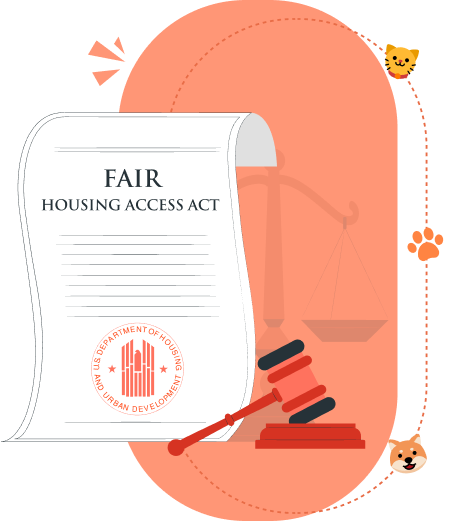ESAs at Work in Vermont: Can I Bring Mine to the Office?
In Vermont, ESAs don’t have automatic entry to workplaces. You can request a reasonable accommodation for disability needs, and your employer may explore options such as schedule adjustments, remote work, a different workspace, or (where appropriate) allowing the ESA. Decisions are made case-by-case, focusing on what enables you to perform essential job functions.
Limits of Workplace ESA Requests
Employers can decline an ESA if it would create an undue hardship, introduce health or safety issues (e.g., severe coworker allergies in a small office), or substantially disrupt operations. Workplace accommodations are separate from ADA public-access rules, so ESAs don’t have the same rights as trained service animals. Always discuss needs in advance and be prepared to consider equivalent alternatives.
Pricing
PSD Letter
Reviews
ESA By States
ESA Laws
Resources


